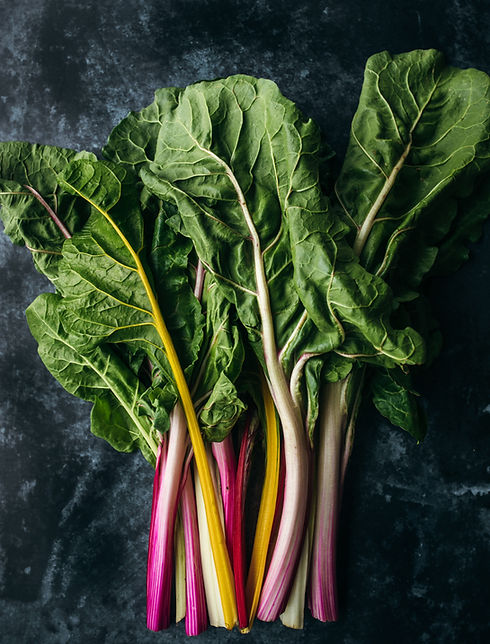
SUSTAINABILITY
I would like to share some areas where your decision about food choices, recipes, and ingredient selections can have a great impact on your health and on the health of our planet. Combining the latest findings from a nutritional, environmental and social point of view, I would like to share following Recommendations and Ideas with you, to make:
better food choices for a better World
PLANT FORWARD:
A very common and very often used word in cooperation with sustainable food is the word Plant Forward or plant-focused. We define Plant Forward as:
"A style of cooking that emphasizes and celebrates, but is not limited to, plant-based foods, including fruits and vegetables, whole grains, beans, soy foods, nuts and seeds, plant oils, herbs, and Spices.
Plant forward is neither vegetarian nor vegan but rather refers to recipes and food choices that can alson contain animal proteins but in moderate amounts.
Recommendations that can help support you
making better sustainable food choices

Be transparent in sourcing and preparation
Various components need to be taken into consideration such as food production methods, sourcing strategies, caloric and nutrient values, labor practices, animal welfare, and environmental Impacts

Buy fresh, seasonal and local
Try using products from within your closer region that are in season, and are grown by local farmers, get in contact with those farmers near you and see what they have to offer or visit your local markets.

Reward better agricultural practices
The best farms protect and restore natural systems through effective use of crops, well-suited for their local growing conditions and the available soil, with minimized use of synthetic pesticides and fertilizers.

Focus on plant forward diets
Growing plants for food has a far less negative impact on the environment than raising livestock of any kind. Livestock requires to eat a lot of plants to produce a much smaller amount of food.

Focus on whole, minimally processed foods
These foods are much higher in micronutrients and less likely to contain high levels of added sugars, saturated- or trans fats, and sodium.

Reduce portions, emphasizing on the quality of calories over the quantity
Change from quantity to quality and focus on flavor, nutrients, and culinary adventure by using more slower metabolizing whole grains, plant proteins, nuts, pulses, and healthy oils. These products promote lasting satiety and great flavors. This way smaller portions are of much higher quality and indirectly even help reduce food waste.

Celebrate cultural diversity
Thanks to emerging demographic changes and greater global connectivity, we are much more open to new taste adventures. By combining different food cultures from all over the world we can add an emotional experience to our food choices that might remind us of an exceptional holiday or traveling experience.